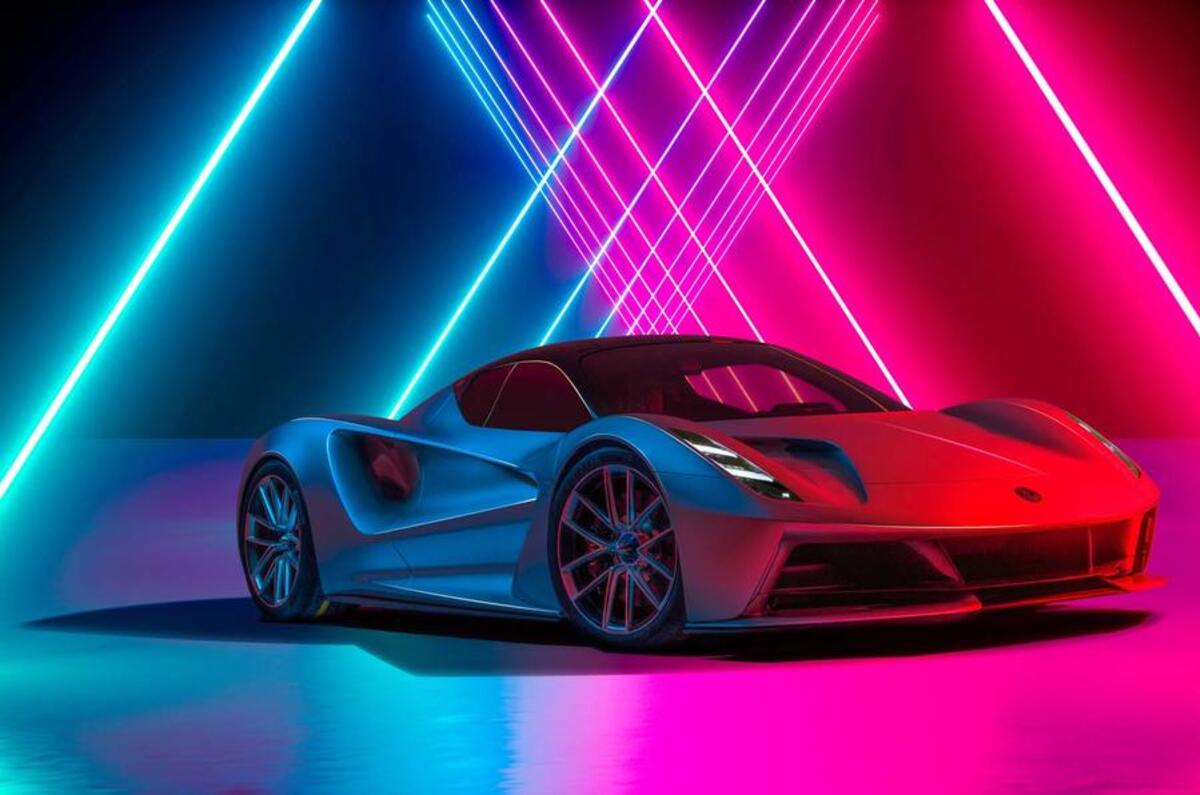Lotus will partner with British Gas parent company Centrica to develop a “new model” that they claim will “redesign” electric vehicle (EV) ownership.
The Norfolk-based marque, which is owned by Chinese company Geely, is gearing up to launch the Evija electric hypercar later this year.
It says the new partnership will lead to “a dedicated Lotus energy strategy and the development of a charging infrastructure for future customers. It will also form a core part in helping Lotus reach net zero carbon emissions, part of its Vision80 strategy."
Lotus and Centrica will work together to develop what they call a flexible platform that “fully integrates future mobility and energy” by “making the car an extension of the home". While no specific details have been given, it will involve using Lotus EVs for home-based vehicle-to-grid charging, where energy stored in the car’s battery can be fed into the gris while it is plugged in.
The firms will also team up to establish “a new global charging and energy infrastructure for new products”. It hasn't been specified if any resulting charging infrastructure will be an open system or exclusive to Lotus models in a similar fashion to Tesla’s Supercharger network.
Centrica will also help Lotus to develop a sustainability programme based on the use of low-carbon technologies to help reduce the car maker’s carbon emissions.
Lotus boss Phil Popham said: “Our journey to net-zero carbon is absolutely lock-in-step with the Vision80 strategy for Lotus – taking us to eighty years of the business in 2028. By then, we will have transformed Lotus into a truly global player in the high-performance, high-technology sector.”
He added: “The difference is the energy and infrastructure that will power and support these products in the future. This new partnership demonstrates the progress being made and the ambition of our vision.”
READ MORE








Join the debate
Add your comment
open or exclusive?
it has to be open, Lotus simply don't sell enough vehicles to make a closed system a consideration. Given a few years, I don't see how Tesla would want a closed system either, I'm expecting them to spin charging off as a seperate concern and have it open to all manufacturers. Companies having their own closed systems is what's making the whole thing such a mess of non-standardisation that needs sorting out, along with the payment systems.
Well, seeing as Centrica have
Well, seeing as Centrica have been ripping off the British public with p8*ss taking gas prices for 20+ years, they should have a big development budget !
Smart Meters
I thought some of this was behind having smart meters in your home? Using EV batteries to meet demand at peak periods, or provide backup when wind turbines or PV panels are not producing energy, or storage when the grid is under utilised/has excess capacity
Concept is interesting and government lead strategy would/could do much to ensure we move forward in a coherent way. Much also depends on the vehicle actually being plugged in and accessible to the grid, car manufacturers and the public want reduced plug in time and longer range, witness PHEV's that are never plugged in.
Lockdown has proved that almost anything is possible and with Brexit on the horizon, timing is right for some radical gamechanging decisions to be made. Boris just needs to back-up his words up with actions.